The CMP Review — Week of November 3
November 3, 2025
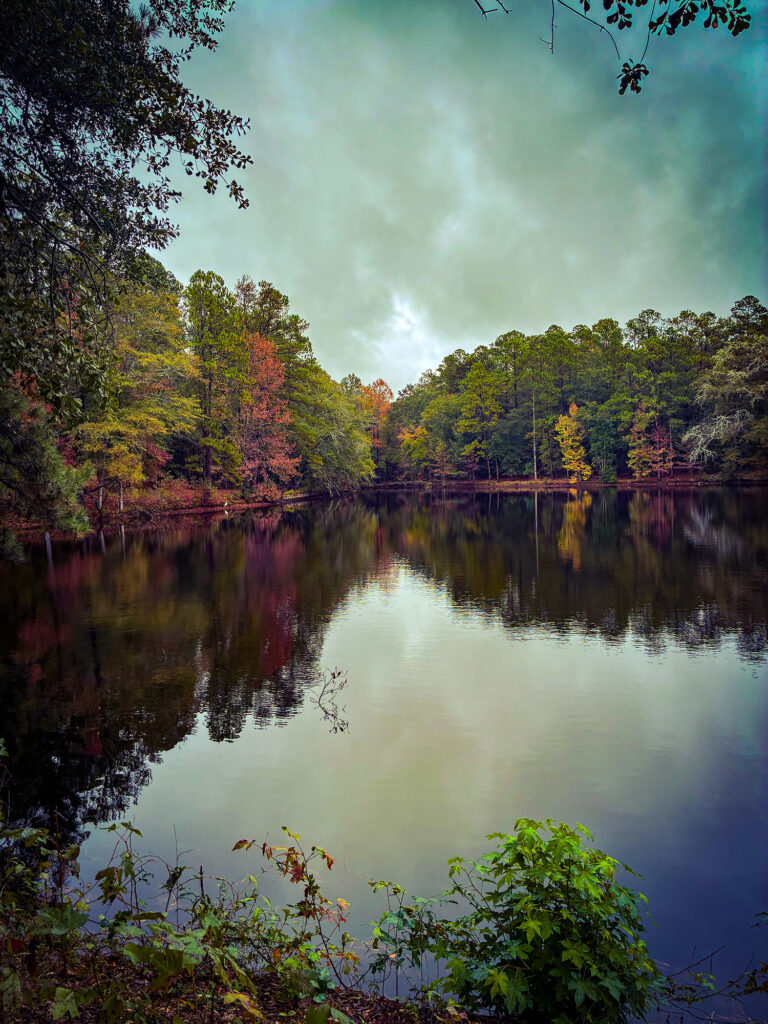
“There are few towns where country of some sort is not accessible, and every child should have the opportunity of watching, from week to week, the procession of the seasons.” (Vol. 3 p. 237)
@tessakeath
November 4, 2025
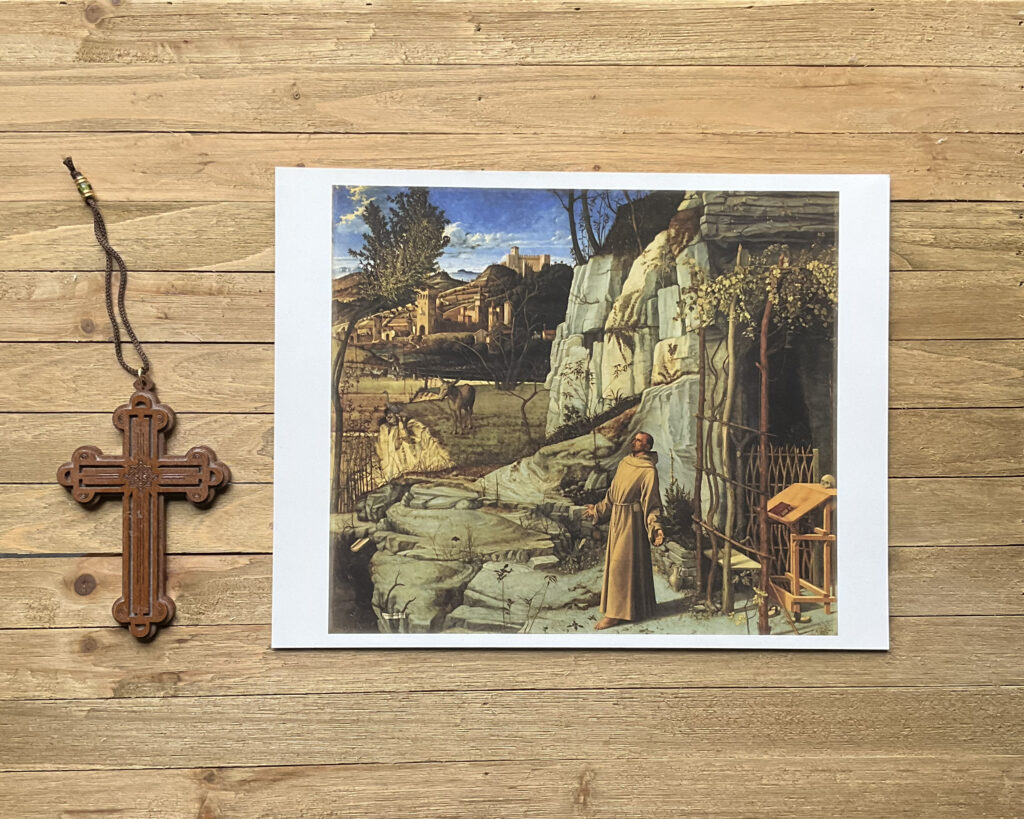
Charlotte Mason begins her philosophy of education with an understanding of the nature of the child. And she draws this understanding from the words of Christ. She alludes to Matthew 18:3, and insists that the utterance “Except ye become as little children ye shall in no case enter the kingdom of heaven” is more a statement about children than about “the grown-up people” who have to become like them.
Rev. Francis Lewis was a devoted friend to Miss Mason and he preached at her church, St. Mary’s in Ambleside. When he took the text of Matthew 18:3 for a sermon, I was very interested to read what he said. How would he explore this saying of Christ that was so important to his friend?
Lewis’s beautiful sermon was printed in the 1924 Parents’ Review. His reflections on the heart of child teach us not only about children but also about Christ. And he invites us to consider the example of a wonderful saint who took Christ at His word. Read or hear it here.
@artmiddlekauff
November 5, 2025
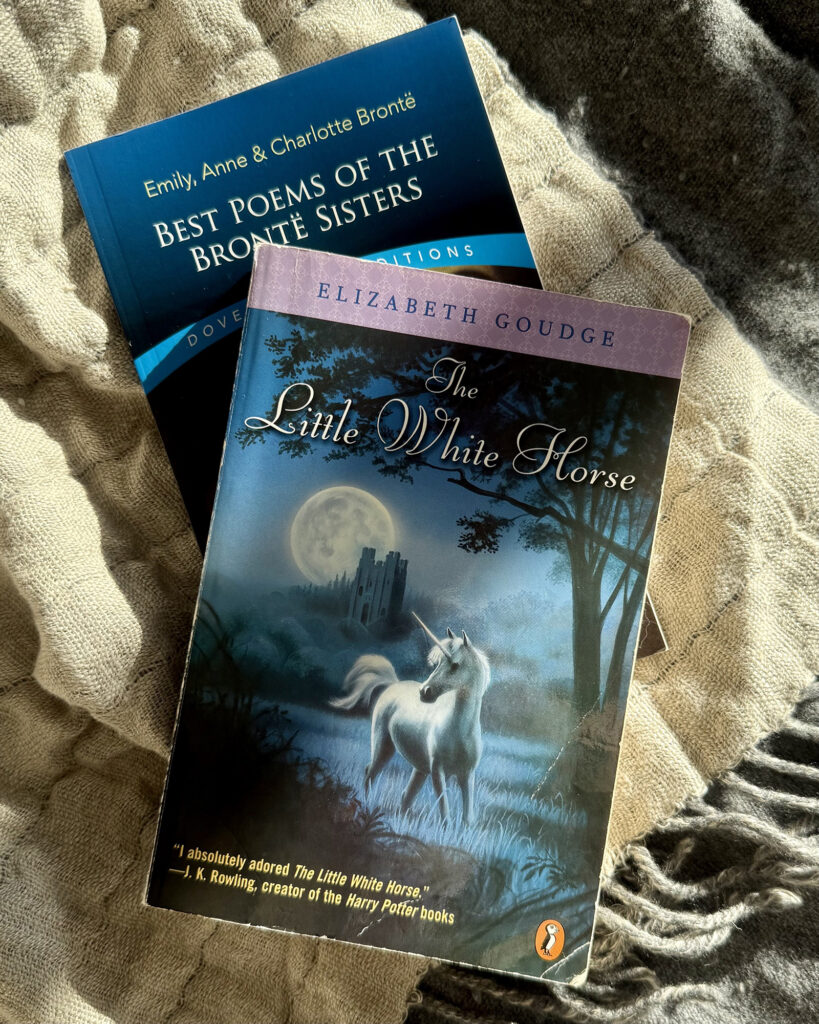
My current bedtime reads. What are yours?
@rbaburina
November 6, 2025

Something people notice about a Charlotte Mason education is that the books are not written down to the “child’s level.” Parents find themselves enjoying the books they read to their children. Children of ten read Shakespeare. The poems that move our young ones move us. We enjoy the same art and listen to the same music.
What fewer people notice is that there is another side to this aspect of a Charlotte Mason education. Because the banquet is not brought down to the child level, it remains nourishing for life. Picture study is meaningful for a six-year-old, and picture study continues to yield meaning for a sixteen-year-old.
We all know that a Charlotte Mason education begins outdoors. The mother secures “a quiet growing time” when the littlest child receives the tenderest education from nature itself.
What not everyone knows is that a Charlotte Mason education continues outdoors for life. The father secures “a quiet growing time” for his son who has become a man. A walk in the woods away from screens and stress, deadlines and studies, pressure and work, and together we receive tender care from the birds, the woods, and the leaves.
@artmiddlekauff
November 7, 2025
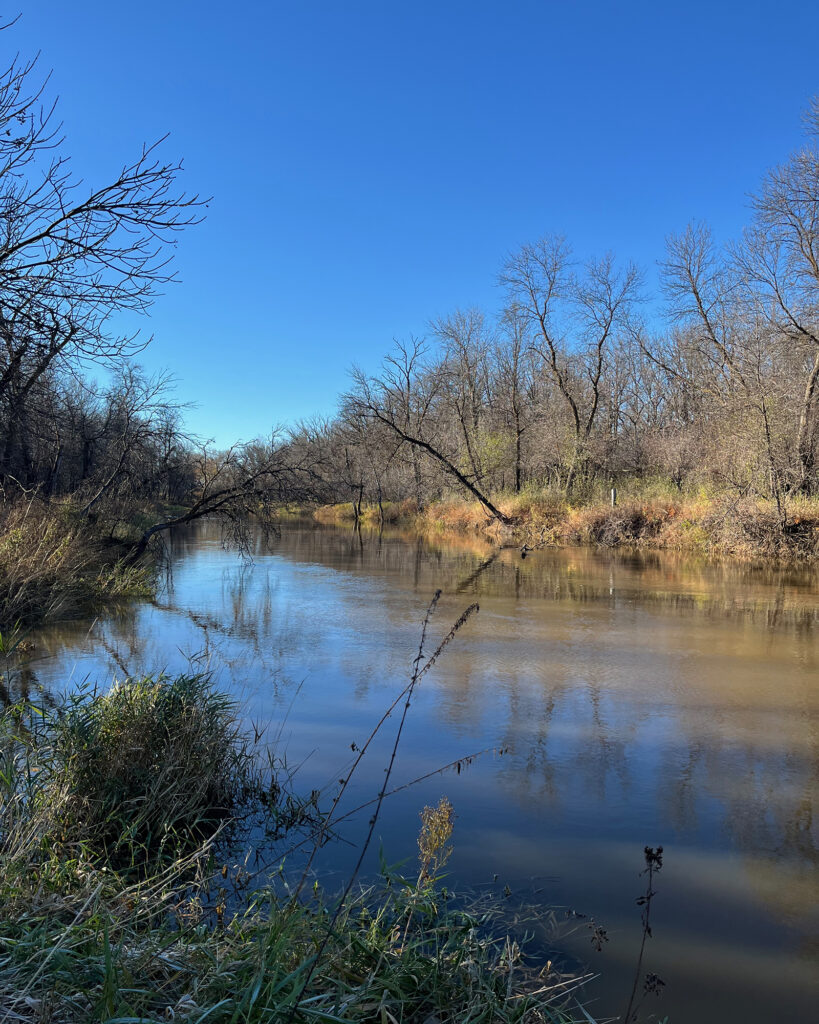
November
Beside the autumn poets sing,
A few prosaic days
A little this side of the snow
And that side of the gaze.
A few incisive mornings,
A few acetic eves,—
Gone Mr. Bryant’s golden-rod,
And Mr. Thomson’s sheaves.
Still is the bustle in the brook,
Sealed are the spicy valves;
Mesmeric fingers softly touch
The eyes of many elves.
Perhaps a squirrel may remain,
My sentiments to share.
Grant me, O Lord, a sunny mind,
Thy windy will to bear!
~ Emily Dickinson
@antonella.f.greco
November 8, 2025

Miss Mason’s biographer tells us that she “never worked out of hours nor let herself think of problems at night.”
This quote struck me particularly as I’ve been decluttering my social media feed as well as placing my phone out of arm’s reach a few hours before bedtime. The result has been a much sweeter sleep.
@rbaburina
November 9, 2025
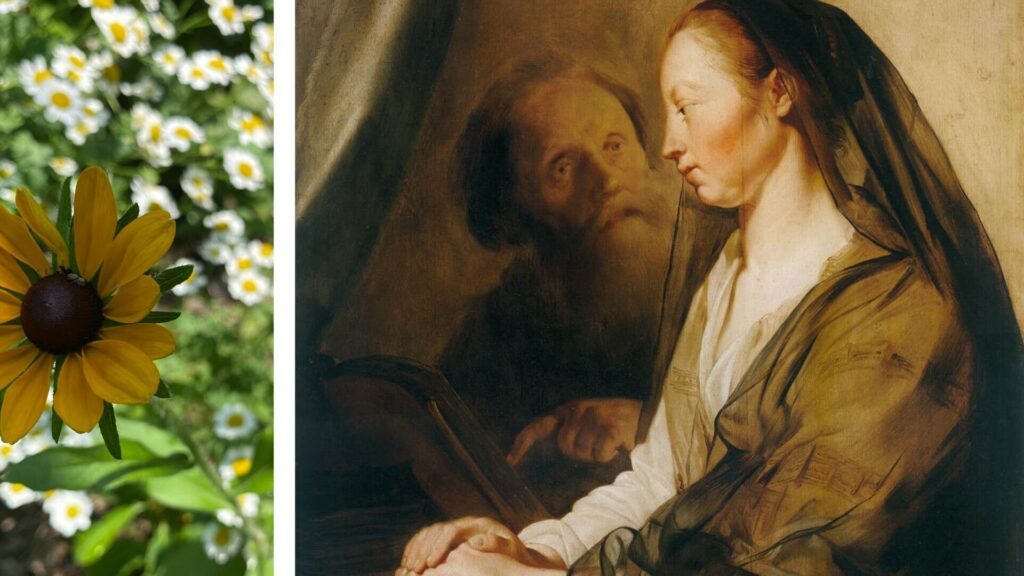
The parable of the unjust judge is unique to the Gospel of Luke. D. L. Bock comments on its significance:
To the theologically sophisticated, prayer can sometimes seem to be an odd spiritual practice. If God is all-knowing, sovereign and all-caring, then why bother him with our requests? Interestingly, Luke’s portrait of Jesus highlights prayer. He prays before receiving the Spirit (3:21–22), all-night prayer precedes the selecting the Twelve (6:12), and two parables focus on prayer (11:5–13; 18:1–8). The answer to the dilemma of prayer is that it is not intended to do something for God, but for us. It is one of the mechanisms of relationship that God gives to his children to be in touch with him. God may not need prayer, but we do.
Charlotte Mason’s poetic reflection on this parable also highlights the importance of prayer. But she goes beyond this, finding in the culmination of this passage a view to the cross. Read or hear her poem here.
@artmiddlekauff
🖼️: The Parable of the Unjust Judge by Pieter de Grebber